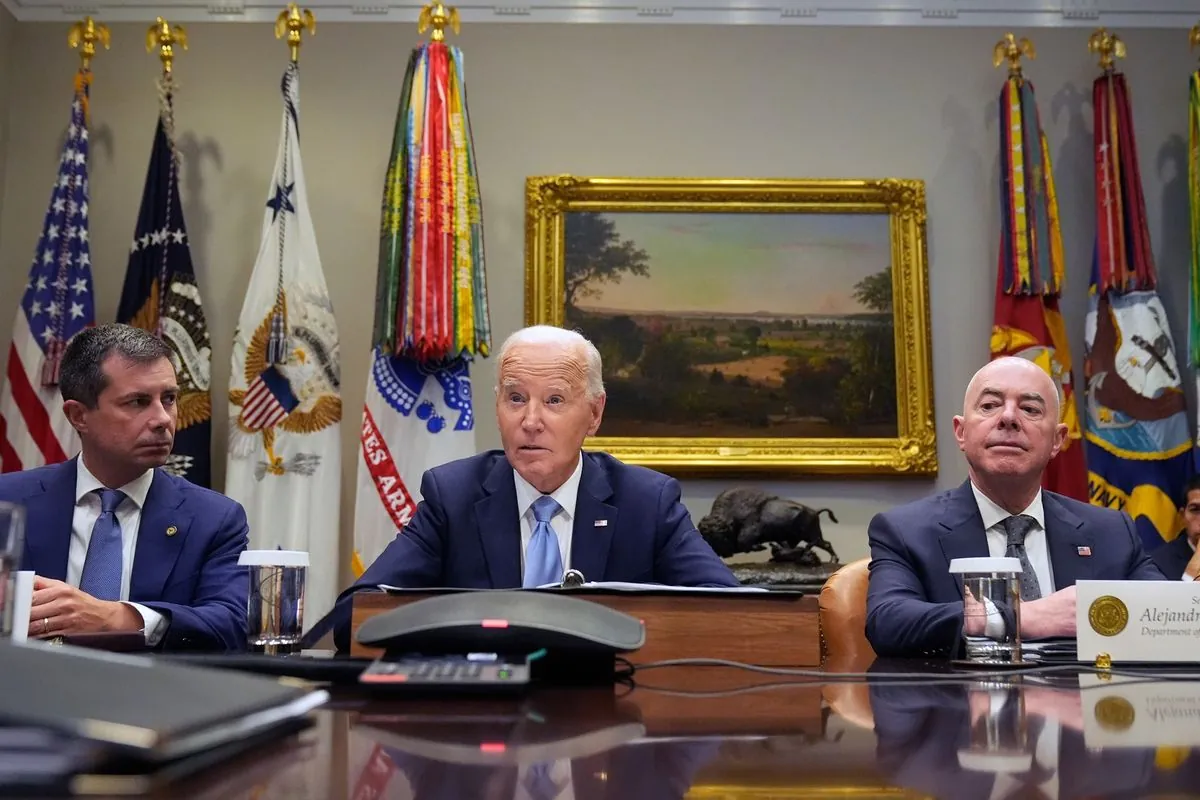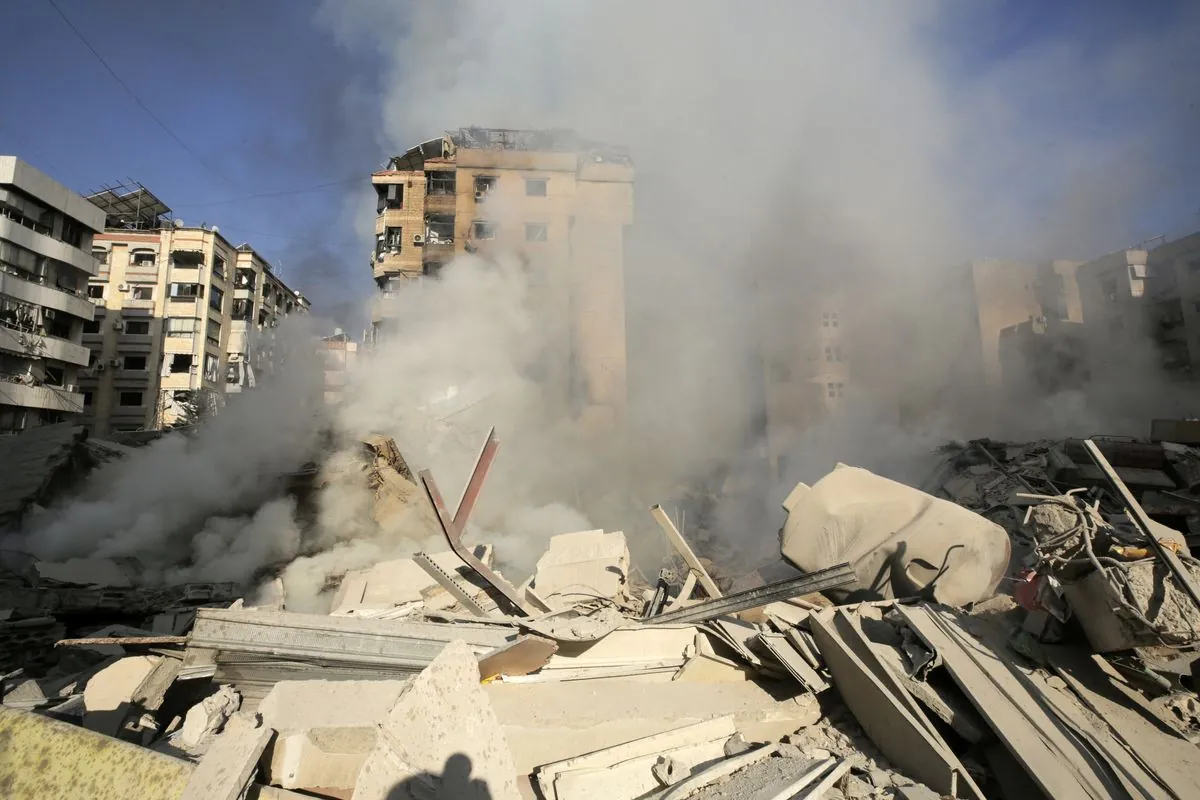U.S. Backs Israel's Actions, Condemns Iran's Missile Attack
Biden administration distinguishes between Israeli self-defense and Iran's "escalatory" missile attack. U.S. supports Israel's operations against Hezbollah while aiming to prevent wider Middle East conflict.

The Biden administration has drawn a clear distinction between Israel's recent military actions and Iran's missile attack on Israel, characterizing the latter as a significant escalation. This stance comes amidst heightened tensions in the Middle East, with the conflict threatening to expand beyond its initial boundaries.
On April 16, 2024, Iran launched approximately 200 ballistic missiles at Israel, prompting swift condemnation from U.S. officials. President Joe Biden praised the joint U.S.-Israeli defense efforts and reaffirmed unwavering support for Israel. Secretary of State Antony Blinken labeled the Iranian attack as "totally unacceptable," urging global condemnation.
The U.S. response to Israel's actions, particularly against Hezbollah, has been markedly different. Following a major airstrike in Beirut on April 12, 2024, which resulted in the deaths of Hezbollah leader Hassan Nasrallah and Iranian Revolutionary Guard Gen. Abbas Nilforushan, U.S. officials have defended Israel's right to self-defense.

This shift in rhetoric is notable, considering that just a week prior, the administration had urgently called for an immediate cease-fire between Israel and Hezbollah. The change reflects the complex dynamics of the region, where alliances and conflicts have shaped relations for decades.
Hamas, founded in 1987 during the First Intifada, and Hezbollah, established in 1982 amid the Lebanese Civil War, have long been designated as terrorist organizations by the United States. The U.S.-Israel alliance, formalized in 1985, has played a crucial role in shaping American policy in the region.
At the Pentagon, Maj. Gen. Pat Ryder emphasized the U.S. commitment to preventing a wider conflict while supporting Israel's efforts to dismantle Hezbollah's attack infrastructure along the border. This delicate balance aims to address security concerns while allowing civilians on both sides to return to their homes.
The State Department, through spokesman Matthew Miller, justified Israel's actions as self-defense against terrorist threats. Miller contrasted this with Iran's "state-on-state attack," highlighting the difference in the administration's perspective on these events.
"What you saw (was) Iran launching a state-on-state attack to protect and defend the terrorist groups that it built, nurtured and controlled. So there is a difference between the actions."
However, this staunch support for Israel is not without risks. Some analysts, like Jon Alterman from the Center for Strategic and International Studies, warn that U.S. influence on Israeli Prime Minister Benjamin Netanyahu may be waning. There are concerns that Netanyahu might be disregarding U.S. cautions about escalating the conflict regionally.
The situation is further complicated by the broader context of Middle Eastern politics. The Abraham Accords of 2020, which normalized relations between Israel and several Arab states, and the ongoing tensions surrounding Iran's nuclear program, have added layers of complexity to regional dynamics.
As the conflict unfolds, the international community watches closely, mindful of the potential for further escalation in a region that has seen decades of strife. The U.S. administration's challenge lies in balancing support for its ally while working to prevent a wider conflagration that could destabilize the entire Middle East.


































